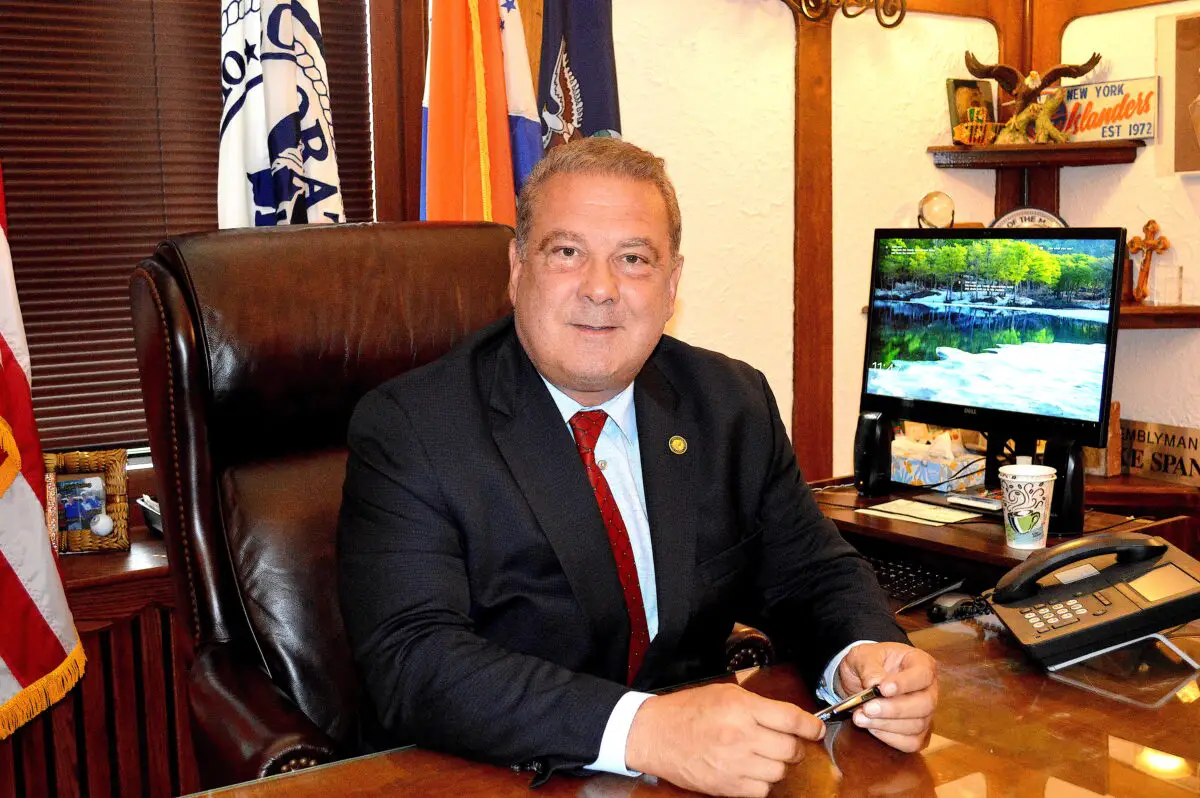At law firms, the billable hour “has been around forever” as the basis for charging clients for attorneys”™ services, said Vincent A. Cino, chairman of Jackson Lewis PC, a boutique workplace law firm with an office in downtown White Plains. And associates aspiring to make partner at law firms have been evaluated and rewarded with bonuses for the number of billable hours they rack up for their firms.
“Thirty years ago, the American Bar Association came out with a white paper and it was called ”˜The Death of the Billable Hour,”™” said Cino, a litigator in the firm”™s Morristown, N.J., office who succeeded White Plains attorney Patrick L. Vaccaro in the top management post at Jackson Lewis. “Not that it”™s dead,” he added, but more clients are requesting alternative payment models for their legal services, such as capped fees and flat fees.
“Many clients are happy getting billed by the hour,” Cino added. “We”™ll do whatever a client wants. It”™s a matter of preference.”
Cino said changes to the entrenched billing practice at law firms “really accelerated after the 2008 recession,” which left the legal profession reeling with shrunken profits, failed firms, downsizings and consolidations. Corporate clients said they could not afford the high fees for legal counsel determined by billable hours, Cino said.
Throughout the legal profession, the billable-hour rate is no longer the only payment model offered to budget-conscious clients. Since the recession, while the number of legal cases handled by firms has increased “across the board,” said Cino, costs to clients have decreased.
Two years ahead of the Great Recession, Jackson Lewis in 2006 began providing its management clients with alternative billing arrangements “for one reason ”“ they needed cost certainty,” Cino said.
“If you think about the billable hour, the longer it takes you to do something, the more money you make,” he said. “That”™s contrary to our clients”™ interests.”
Jackson Lewis late last year changed its method for evaluating the work of associates in its 55 offices nationwide to reflect its alternative billing practices.
The firm has eliminated billable-hour reports from associates as a tool for evaluating their performance and in awarding productivity bonuses. “As a firm, we believe eliminating the billable hour requirement for associates is imperative in aligning the way we deliver legal services with clients”™ needs,” Cino said in the firm”™s announcement. Instead Jackson Lewis partners will evaluate associates based on factors that include excellence, efficiency, responsiveness and commitment to pro bono work. Though clients will continue to receive hourly invoices for associates”™ legal work, associates will no longer have the prospect of a larger bonus as incentive to put in longer hours on a case.
With the firm’s internal change, “An associate who bills 2,000 hours might not be as highly compensated as an associate billing 1,800 hours, because that attorney is keeping the clients happy,” Cino said.
“Rather than rewarding associates for logging longer hours, our initiative will continue to encourage associates to achieve the best results for clients without spending needless time worrying about how many hours they have billed,” he said. “We believe this is much more desirable for our clients and attorneys alike.”
“If you”™re getting more work from clients, you know they”™re happy,” Cino said. The Jackson Lewis chairman said the firm”™s revenues were up $17 million from 2012 to 2013, when revenues totaled $367 million. The firm expected 2014 revenues to increase $20 million or more from the previous year, he said.
In eliminating billable hours as a factor in lawyers”™ bonus awards and offering alternative fee structures for clients, “We believe we”™re way ahead of the curve on this,” Cino said.


















